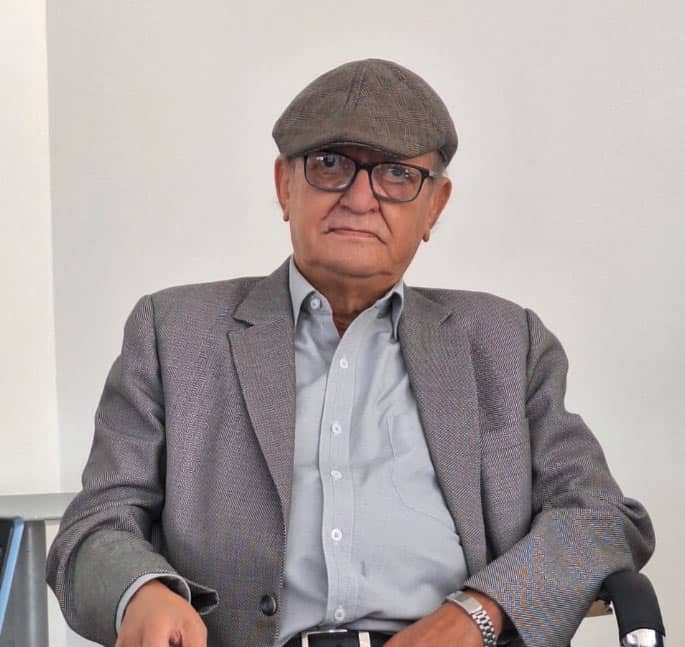By Elio Villaseñor G.
Director of Citizen Initiative for the
Promotion of the Culture of Dialogue, AC
“Care is not a private matter, it is a public matter.”
— Joan Tronto, political scientist and care theorist
The Care System in Mexico City remains an outstanding issue on the legislative and public policy agenda.
Although its importance has been acknowledged in discourse, comprehensive legislation has yet to materialize in the Mexico City Congress to address this urgent and structural need.
According to the National Survey for the Care System in Mexico (INEGI, 2022), around three million people in the capital require some type of care: due to disability, illness, advanced age, or being in early childhood.
This responsibility, however, falls disproportionately on women, through unpaid work: 1.2 million women take on care work, compared to 660,000 men.
This inequality highlights a deep gender gap that reproduces dynamics of exclusion and limits female autonomy.
Women spend, on average, more than twice as much time on unpaid care work: 39 hours per week compared to 15 hours for men.
This not only hinders their access to education, formal employment, or decision-making spaces, but also perpetuates their economic dependence and social invisibility.
Particularly serious is the impact on young women, many of whom are forced to abandon their studies to care for others.
When they do manage to enter the labor market, they generally do so under informal conditions, with low wages and no access to benefits.
In Mexico City, 44% of young employed women work in the informal sector (ENOE, INEGI, 2023).
Despite various public forums and dialogue sessions, concrete actions to address this reality remain insufficient, and public policies still fail to offer viable alternatives that allow caregivers—primarily women and young people—to continue their education, access decent employment, or have time for themselves.
The absence of a Comprehensive Care System constitutes a historical debt owed by the State to those who, often invisibly, sustain collective well-being.
The economic value of unpaid work in households represents nearly 23% of national GDP (Satellite Account of Unpaid Household Work, INEGI, 2022), even surpassing key sectors such as commerce or manufacturing.
This figure demonstrates the structural role that care plays in the economy and social life.
Given this reality, it is urgent that the issue advance legislatively and be translated into effective public programs that recognize, value, and redistribute this essential work.
A problem that directly affects the lives of millions of people can no longer be postponed.
Promoting a Care System is not only an act of social justice and gender equity; it is a commitment to a more just, egalitarian, and resilient society that places the sustainability of life at the center of its development model.
Along these lines, Perla Michelle Rosales' contribution is relevant in analyzing three key areas for young people seeking opportunities: work, health, and education. Meanwhile, the collaborative article by Gina Vanessa Pérez and José Fernando Soto clearly outlines the comprehensive learning model that supports young people between the ages of 16 and 29, providing them with skills for life, employment, and entrepreneurship. Santino Matías shares his reflection on how the entrepreneurial spirit of young higher education students becomes a driver of change and opportunity generation.
On the topic of care, the analysis by Professor Lourdes Jiménez Brito (CISS Researcher) stands out, emphasizing how young people can be key allies in contributing to and creating the specific conditions for ensuring that the human right to care for young people in its three dimensions (to care, to receive care, and to self-care) is respected and guaranteed. In this regard, the personal experience of federal representative Mónica Herrera Villavicencio is instructive. Her experience exposes the challenges faced by people who require care, as well as those who provide it.
Finally, we invite you to learn about Melany Nayib Mejía's (GAJ-Barranquilla) experience in the field of employability, and Randy Márquez's reflection on the lessons learned from the thought of Thomas Sankara (Burkina Faso).






